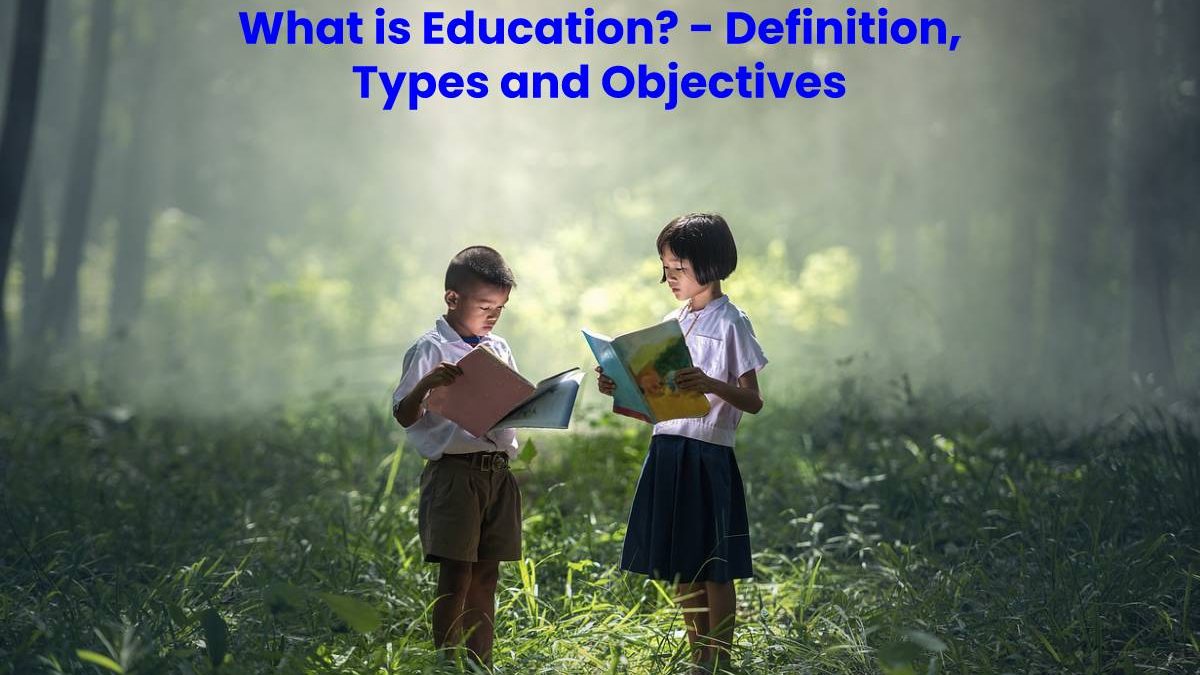Education is called the facilitation of learning or obtaining knowledge, skills, values and habits in a particular human group, by other people more versed in the subject taught and using various pedagogy techniques: narration, debate , memorization or investigation.
“It is the sign of an informed personality to have the option to consider an idea without tolerating it” (Aristotle)
Instruction is something identified with change of brain. Each thinker has given accentuation on training. From start to finish an individual require to figure out how to have existed in this world. The most effective method to bargain colleagues and other individuals. At the point when a kid is conceived, the procedure of his learning starts and proceeds as far as possible of his life.
There are various ways of thinking identifying with training. Plato was an organizer of Idealism while Aristotle was hero of Realism. John Dewy upheld Pragmatics. There are various methodologies about how to give information and figuring out how to a youngster. A few educationists give accentuation on experience and some give accentuation on hypothetical learning.
Some are of view to singular learning and some to the system. Rousseau the incredible instruction scholar is hero of naturalism in training. As per him, a youngster learns in his indigenous habitat. He was against early school training, while Froebel is the author of play route technique for learning.
Table of Contents
Types of Education
There exist two fundamental sorts of instruction; one is formal and the other is non-formal. Casual instruction a kid learns in an uncommonly overseen training framework; school, and college. It is masterminded and oversaw and it has an educational plan, plan course, appraisal and assessment framework a designated talented workforce. In non-formal training, an individual learns at whatever point he wishes. There is no fixed timetable for classes. There is one more sort of instruction, that is casual training. A man gains from his day by day experience. It is casual learning. Along these lines, an individual adapts all the life.
Points, Objectives, and Goals of Education
We regularly use points, objective, and target when we talk about the results of learning. These terms vary somewhat. Points are general results of learning. A general change in his conduct is seen when he finishes his instruction. It targets forming a person into a sound and powerful resident and to completely incorporate him into his locale.
Targets are the result of an activity. Destinations are more explicit than points. What will the youngster realize toward the end, obviously, is a goal. Objectives are time bound. Each degree of training has explicit objectives. These are typically expressed in instruction arrangement.
Authentic point of view of Education
At the point when we see that each kid is required to go to class, total well-organized course a particular timetable and calendar for classes. It isn’t so from the earliest starting point, as different things instruction has advanced through a procedure and it has a history. Schools, schools and colleges are an ongoing creation. A huge number of years back individuals lived on preying and horticulture. Kids instructed themselves through play and investigation. Grown-ups had given them freehand for investigation.
With the ascent of agribusiness, these kids had to become farming workers and when industry created they were working in ventures. These kids were ‘kid hirelings’ for nobles. In nineteenth century thought of govt. supported schools for training created and various schools, schools, and colleges were set up. With the improvement of tutoring, the outlook of individuals about kids changed. Presently they were going to schools as opposed to working in production lines and on agrarian homesteads. Along these lines, the cutting edge training framework developed.
Training and Psychology
Brain science is the investigation of psyche and conduct. Training is the change of brain and conduct. Along these lines, instruction and brain research go next to each other. It applies mental standards to learning instructive brain science thinks about how a youngster learns in training setting. There are rationally feeble, smart and skilled understudies. They have singular contrasts and various parts of character. Training brain science will in general manage a wide range of such assortments of the gathering.

